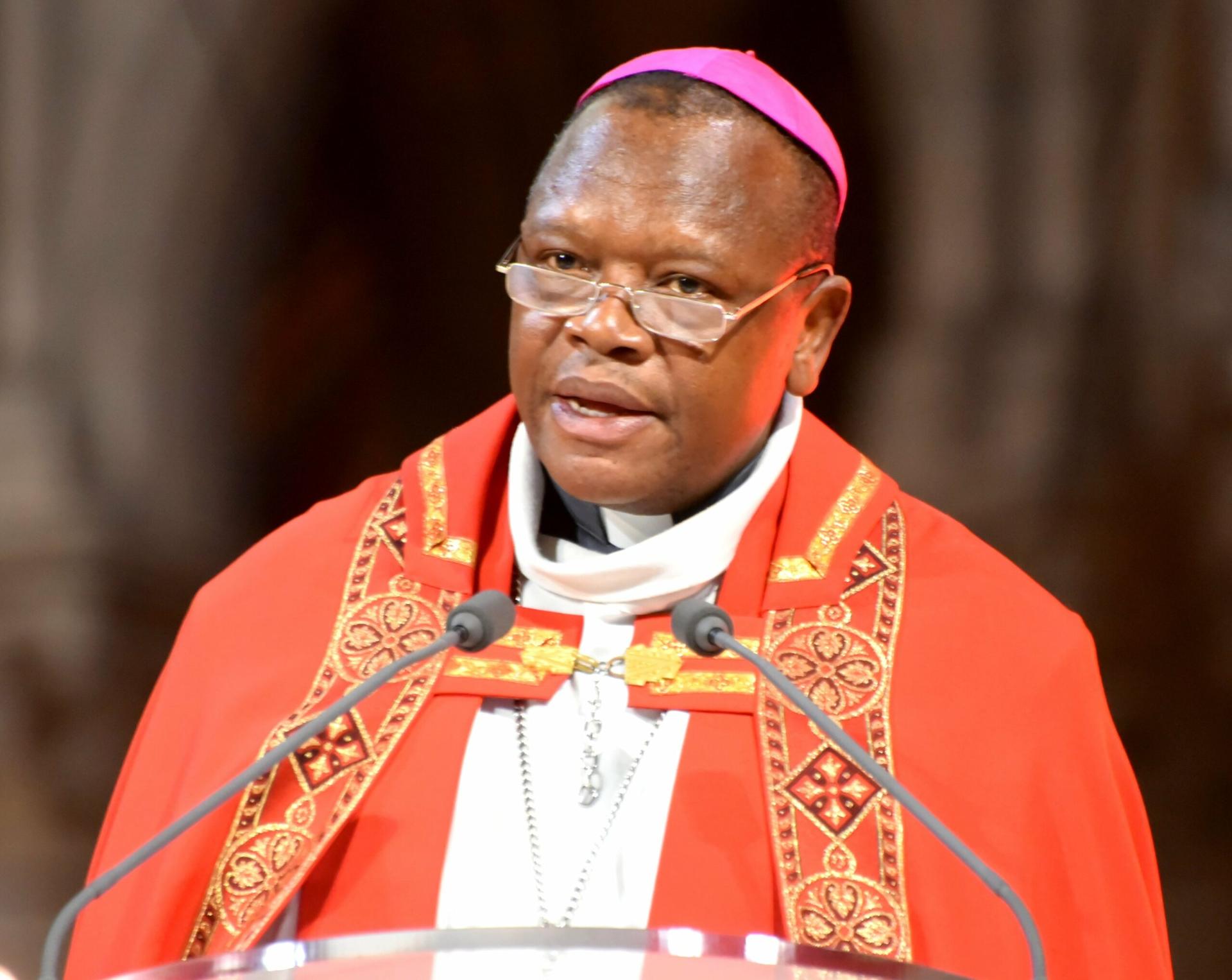YAOUNDÉ, Cameroon – In a continent where polygamy is common, Catholic bishops in Africa are seeking both pastoral and theological ways to address such relationships.
Speaking at the Synod on synodality in the Vatican, Congo Cardinal Fridolin Ambongo, President of the Episcopal Conferences of Africa and Madagascar, announced a four-phase plan to address the issue, agreed to by African Bishops.
He said experts will lead discussions to create a policy on pastoral responses to polygamy, to be reviewed at the July 2025 SECAM Plenary Assembly.
This follows a Synod Summary Report, extended by Pope Francis to 2024, which encouraged SECAM members to support those in polygamous unions.
According to the Kinshasa cardinal, the first phase of the plan involves forming a working group to identify key elements for responding to polygamy in Africa, which elements will be packaged in a policy document.
“The second phase will begin, with the text’s distribution to African Bishops’ Conferences to examine improvements and proposals of pastoral lines, because the prevalence and characteristics of polygamy vary considerably from one region to another,” Ambongo said.
The third phase, the cardinal explained, will involve Catholic bishops across Africa who “will have the task of examining, approving and adopting the contents of this document during the next Plenary Assembly of SECAM in July 2025.”
Phase four will entail submitting the consensus document, adapted by the African bishops, to the Dicastery for the Doctrine of Faith for “further theological and doctrinal orientation.”
Polygamy and how to deal with polygamists has become one of the most contentious issues in the Catholic Church, particularly in Africa where the practice of getting married to more than one wife is traditional.
A leading Cameroonian priest and anthropologist, Father Humphrey Tatah Mbuy, has noted that in several African cultures, polygamy has been used as a way of dealing with questions of sterility in marriage.
“Those who marry hope for and welcome biological children into the family,” Mbuy told Crux.
“But when such biological children fail to come, it doesn’t sit well with most African cultures where marriage is meant for children,” he said.
“In fact, to ensure that no marriage remains sterile, marriages in Africa were often grouped in such a way that the people opted for polygamy. So one could hardly find a childless family.”
But polygamy contradicts the very essence of Christian marriage as ordered by God, pushing many Africans to wonder if the Church cannot modify its stance on the subject. They cite the Bible to justify polygamy, arguing that emblematic Biblical figures like Job, Esau, Moses and even King Solomon were all polygamists.
“Interesting as these examples may be, their particular cases shift our argument out of what the Church teaches,” Mbuy said.
“We are talking about matrimony, that is, where the marriage has been raised to the level of dignity of a sacrament,” he said.
“We all remember that marriage, if it is to be at all, is between a man and a woman, and this is a covenant which they establish between themselves for life. Any other thing that comes in is of human making,” he said.
He said the Catechism of the Catholic Church does not allow for polygamous relations.
It expressly states that “polygamy is contrary to conjugal love,” with Mbuy explaining further that “polygamy does not permit the spouses to fully express their love for each other because each of us has only one self and can only totally give that self to one person.”
“Polygamy divides the love and brings about very serious family issues which may remain internal, but which are very unhealthy for the holistic development of the individuals and the family as a whole,” he said.
With that argument, Mbuy surmised that the teaching of the Church “stands on the fact that when a polygynist (when a man takes more than one wife) or polyandrist ( when a woman takes more than one husband)makes the decision to become a Christian, he does so conscious of the implications of his choice.”
“So he or she should take responsibility for the choices that he makes and not ask the Church to change its laws to suit him or her,” he said.
Ambongo noted that the Church in Africa remains faithful to the Catholic doctrine on marriage, but insisted that the Church is committed to finding the most suitable ways to accompany Catholics in polygamous situations.
“There are people who have joined the Christian faith when they are in a situation of polygamy. But there are also baptized people who live in polygamy after their conversion,” the cardinal said.
He underscored the urgent need for “a pastoral accompaniment of polygamy.”
“The accompaniment of people in a situation of polygamy in our churches remains to be specified,” Ambongo said.













